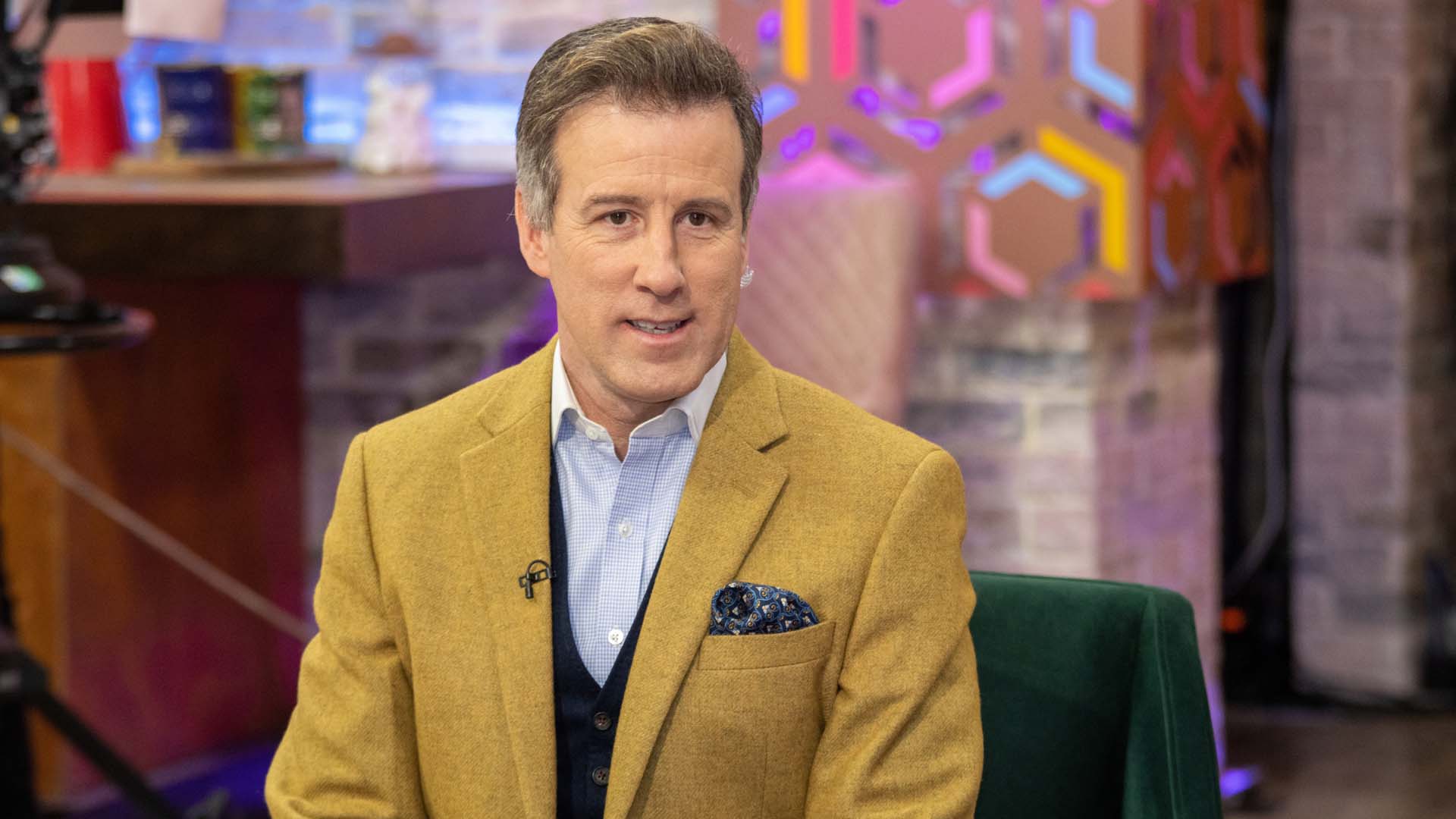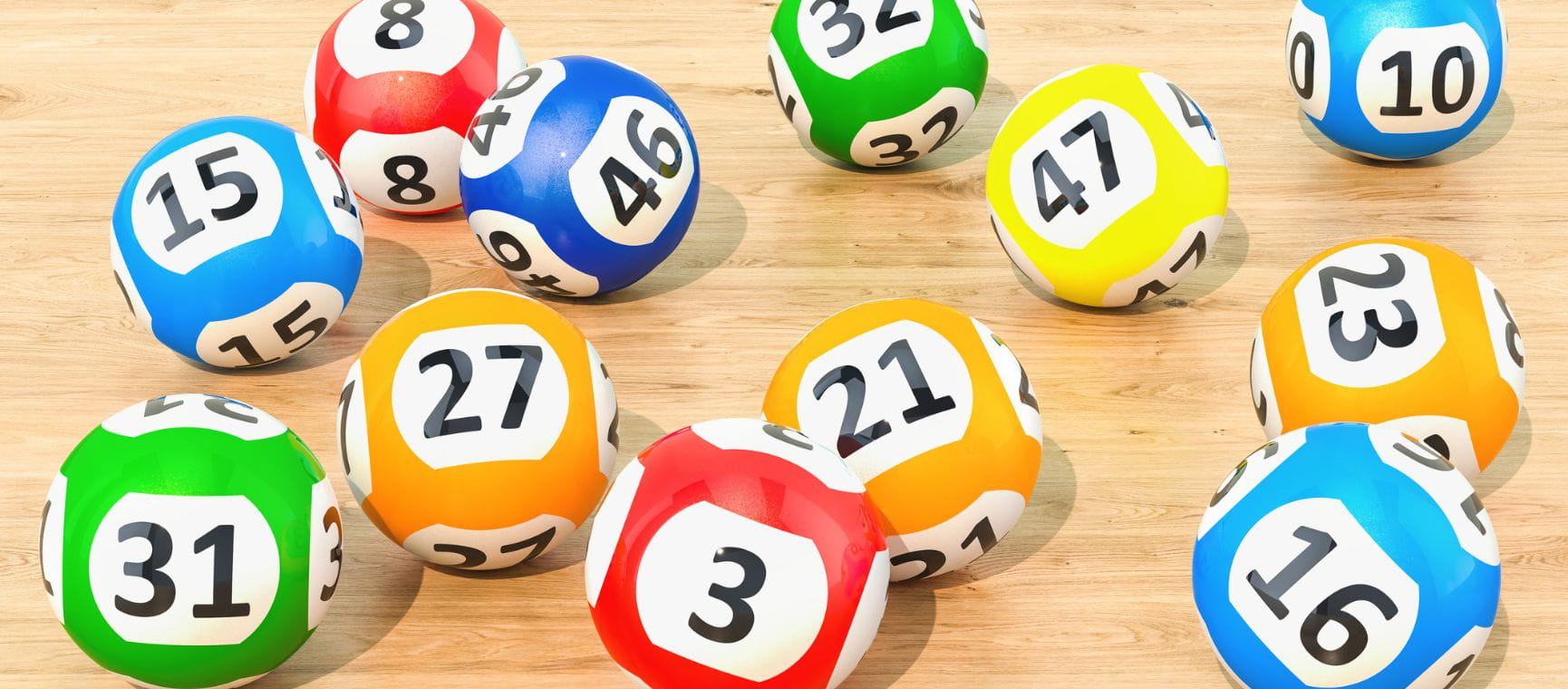
The first National Lottery draw took place on Saturday 19th November 1994 on a live TV show hosted by Noel Edmonds and watched by 22 million people as the country went lottery mad. The jackpot of £5.6m was won jointly by seven lucky players and the winning numbers were: 30,3,5,44,14,22 with the bonus ball 10.
Since then some 7,200 have become Lotto millionaires, 43,000 have won over £50,000 and a staggering £9 billion has been paid out in prize money. Every week we still daydream it might be us. 70% of adults buy a ticket at least once a month. Even our late Queen Elizabeth entered the first draw reportedly announcing “One’s Won” claiming £10.
So what’s it like to never worry about money again? Do we spend, spend, spend or stay in the day job?
According to Lottery experts, these are the most common things winners do after they hit the jackpot.
It takes two long days before a ticket is officially checked, and winners do panic. One wanted their ticket to look pristine and gave the crumbled entry a once-over with an iron. The tickets are heat-sensitive and it turned completely black. Luckily the National Lottery had the details.
One in seven stash the slip of paper in a wallet or purse and one in ten sleep with it. Some put the ticket where it can be seen, others hide it in a book. Tucked into a pair of socks in a drawer is another favourite spot. Tickets have been pulled from gents’ pants and women’s bras.
Even online winners print out their ticket and hide them, just in case.
Some 90 per cent of winners stay anonymous, though it can be a difficult secret to bear when suddenly you have a life-changing sum in the bank. An Australian backpacker touring the UK didn’t have that problem. He arrived unannounced at lottery headquarters in Watford, downed a ticket on the reception desk with his passport and demanded his £2 million on the spot.
Four days later he was reportedly on a flight back home with a precious cheque never to be heard of again.
The first time villagers in Catsash, near Newport, Gwent, knew they had a lottery winner amongst them was when it was announced at the funeral of Gail German, 53. She left instructions in her will that she wanted the congregation to be told about the £1m she had won three years earlier. She had told no-one and continued to live in the same small cottage. She left almost all her money to her church, a local hospice and local hospitals.
Much depends on want you want to do with the money. Colin and Christine Weir, the third biggest UK winners after scooping £161 million in 2011, said they didn’t want to ‘construct lies for our nearest and dearest’. It meant they were able to launch a successful charitable organisation on the back of going public.

The first advice provided by lottery advisors is to take time to reflect and, if possible, escape on holiday before doing anything.
A third do with a visit to Walt Disney World, in Florida, being the favourite destination. One in ten choose the Caribbean, while the Canary Islands, Dubai and Mallorca are other popular spots - though some are happy with Bournemouth or Blackpool.
Despite their new wealth, very few opt to travel first class. Advisors say it takes a year to 15 months before winners start to become familiar with having the money and realising their life’s dreams, such as ice driving in Finland, washing elephants in Thailand, or seeing penguins in Antarctica.
On average winners take 4.4 holidays a year with 29 per cent taking five or more.
Eight in ten eventually buy holiday homes.
In 1996 Belfast bus driver Peter Lavery pocketed £10.2m. After various ventures he purchased an historic site in the city launching Titanic Distillers, the first whiskey distillery in Belfast for 90 years.
There are the less successful. IT manager Roger Griffiths, from Wetherby, Yorks, won £1.83m and tried reviving dreams to become a rockstar. He eventually released a record. It sold 600 copies.
There are others known in lottery circles as the 'Unchanged' - those who decide to continue working because they like what they do and want to stay close to friends.
Sue Richards, from Essex, continues to work as a specialist carer despite winning £3m saying she loves her job.
Train driver Carl Prance, from Cardiff, spent almost a year lying on sun-kissed beaches after picking up £7m, only to decide he was happier back on the railways.
A survey of the occupations of lottery winners found managers to be the luckiest, followed by engineers, builders, at-home housewives and husbands, directors, nurses, machinists, electricians, farmers and teachers.
A new set of wheels is the first expensive purchase that three in ten lottery winners make. Instead of rushing for a supercar, most plump for a more modest vehicle, spending an average £55,000. Just 1% buy a Lamborghini.
Ex-lorry driver Tom Naylor, from South Staffs, knew what he wanted after years of sitting in traffic jams. His dream was to own a car for every day of the week.
After pocketing £15.5m, he purchased a Rolls-Royce Phantom, three Jaguars, a Land Rover, a Hummer and a Peugeot for the shopping trips, splashing out £750,000. His previous car was a 20-year-old Ford Granada.
On average big winners own four cars for themselves and the family. Land Rover or Range Rover are the most popular owned by four in ten.
The other cars of choice are Audi, Jaguar, Mercedes-Benz, Ford, BMW, Peugeot, Porsche, Toyota and Vauxhall.

Family and friends have benefitted from generous handouts totalling £1 billion since the lottery was launched, receiving 14% of all winnings.
While the lottery operator provides financial and legal assistance, it’s down to the individual winner whether they want to share their money. Some find the expectations of others too much.
One woman revealed on social media she had won ‘millions’ and gave her mother and sister £1 million each, but they still wanted more.
Another anonymous women opened up about how she had severed ties with her ‘greedy’ friends and family, preferring to give money to charity.
Estate agents can bombard winners with details of castles and stately homes with vast acreages. Generally winners don’t splurge on extravagant mansions, with the vast majority choosing a four or five bedroom house, though they do move around before finding their ‘for life’ location.
Since the lottery was launched the 7,200 major winners have had 20,000 different addresses.
One in five still live in the same home they had when they won, and those that do move tend to stay in the same area, remaining close to family and friends.
More than half move home within nine months of a win.
Paul Maddison, at the time Britain’s biggest lottery winner who, along with business partner Mark Gardiner, banked £22.5m moved from his then home in Hastings to return to Scotland. There he eventually bought a £1 million 15th century castle - it boasted a swimming pool, snooker room, stables, a tennis court and half a mile of fishing rights.
He also bought a £1 million mansion in Florida, which he later sold, and another property in Spain.
A couple of weeks after receiving the money, the lottery operator introduces winners to a lawyer and a financial advisor from Coutts & Co, the same bank used by the Royal Family.
Winners are given the option of an account for everyday and impulse buys, with set spending limits; putting money into high-interest accounts and trust funds, and can be offered a credit card with as much as a £100k limit.
It is explained how a win may mean they can live off the interest without touching the lottery money. The lawyer will advise on a will and gifts.
Everyone is encouraged to make a special purchase. It may be jewellery or even plastic surgery. Even with the advice available some are rapidly on a fast-track to financial disaster, as West Lothian hospital porter John McGuinness, who won £10m in 1997, found out.
He invested £4m into Livingston Football Club, bought a Ferrari, a seafront apartment in Majorca, and a £1.3m mansion. The football club went into financial difficulties and with other wrong decisions he lost it all.
Those who know him say he has become a recluse and struggles to pay his weekly food bill.
The infamous self-proclaimed “lotto lout” Michael Carroll, from Swaffham, Norfolk, was refused a Coutts account. He wasted £9.7m in eight years on houses, drugs, parties, jewellery and cars before being declared bankrupt. He did, however, give his mother, sister and aunt £1 million each.
He was last heard of working in a quarry.
Three in four winners help out good causes and charities, donating more than a quarter of their prize money, most of which we never hear about.
Wife and husband Francis and Patrick Connolly, from Co Down, Northern Ireland, won a massive £114.9m in 2019 and engaged in the biggest giveaway setting up two charities, one in Hartlepool where they had moved to, and one in Northern Ireland to help the most vulnerable and needy.
They have handed out hundreds of laptops and tablets to young carers, schoolchildren and care home residents. Francis packs clothes, pyjamas and toiletries for the destitute and has used her business skills to link up food kitchens and food providers.
Barbara Wragg and husband Ray gave away £5.5m of their £7.6m fortune to 17 separate charities in their home town of Sheffield, including buying TV screens for every room in the children’s hospital wing, so the kids could watch cartoons.
The ‘Millionaire’s Club’ is the name given to regular secret get-togethers held in hotels, private venues and exclusive restaurants. The beverage served up is as likely to be a cup of tea as a glass of Bollinger, and the chat is one of sympathy and support.
Winners struggle with ‘Sudden Wealth Syndrome’ as they attempt to get to grips with their new fortune and don’t know who to talk to about problems they face, such as dealing with begging letters, demands from grasping relatives and scam offers.
The lottery operator provides dedicated life coaches and a concierge service, which can order a private jet, get VIP concert tickets and organise limos at a moment's notice.
However it is past winners, who know what a roller-coaster navigating a new life and the wealth that goes with it can be, who provide the most help.
Despite the headlines, just three per cent claim to be victims of the ‘lotto curse’ and regret their win.
To date there have been just over 3,000 lotto draws.
Some leave it to luck to choose their six numbers, some stick with the same numbers, often family birthdays, while others try their own systems.
At one stage 10,000 people had their fingers crossed for 1,2,3,4,5,6, while the most popular chosen numbers are multiples such as 7,14,21,28,35,42 or zig-zags, straight lines or patterns made up on the entry ticket.

As the BBC One show returns to our screens, we spoke to series four finalists Stephen and Viv to get all the secrets.


The new stage musical - it may not stir the emotions but it's a gorgeous feast for the eyes, says our reviewer
.jpg?la=en&h=760&w=1730&hash=04982A0DF55C6A640E406DAEB93EF8A5)
Our reviewer says this is a film that makes you think about the value of life, love, and perseverance.
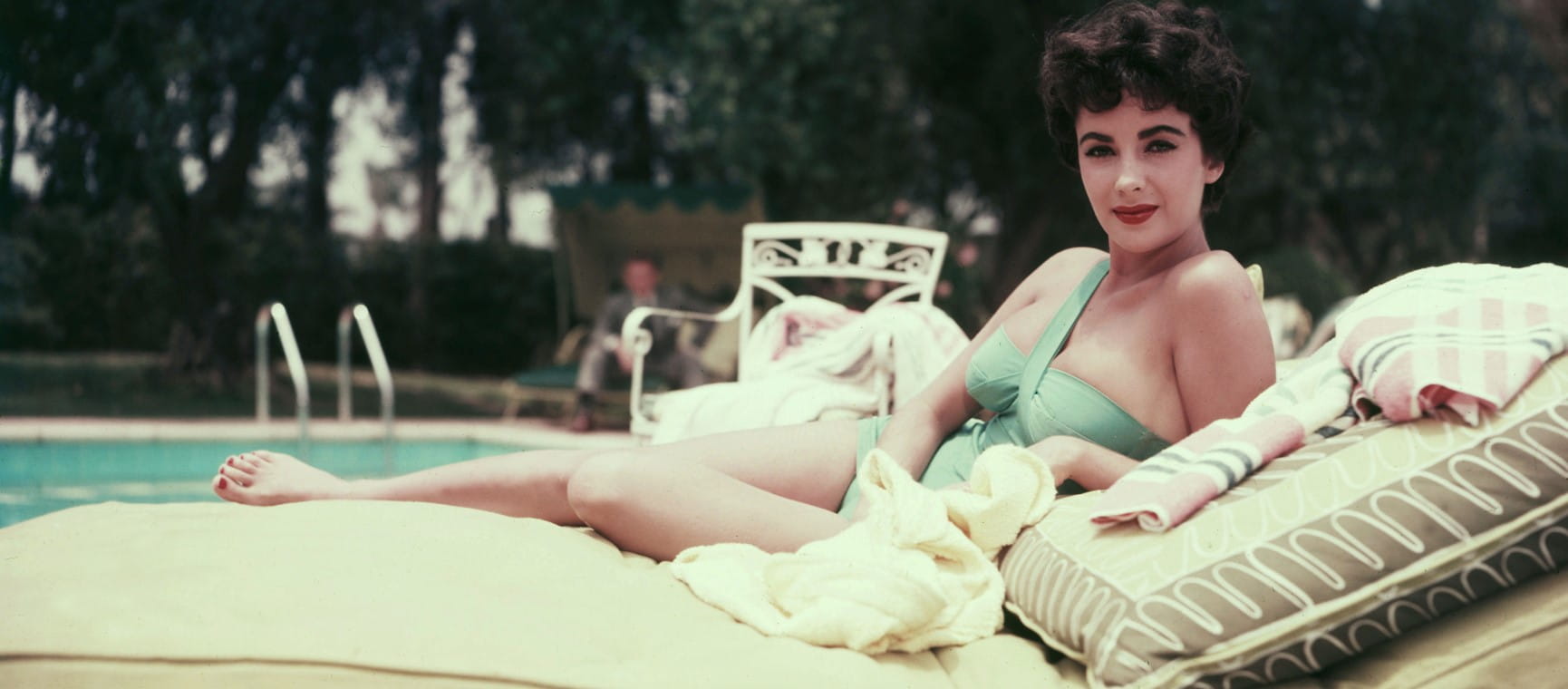

DJ and presenter Jo Whiley on how she's still getting home at 4am and why she thinks Monty Don is as cool as Mick Jagger.

Ahead of the football legend reaching half a century, we take a look back at his life so far.
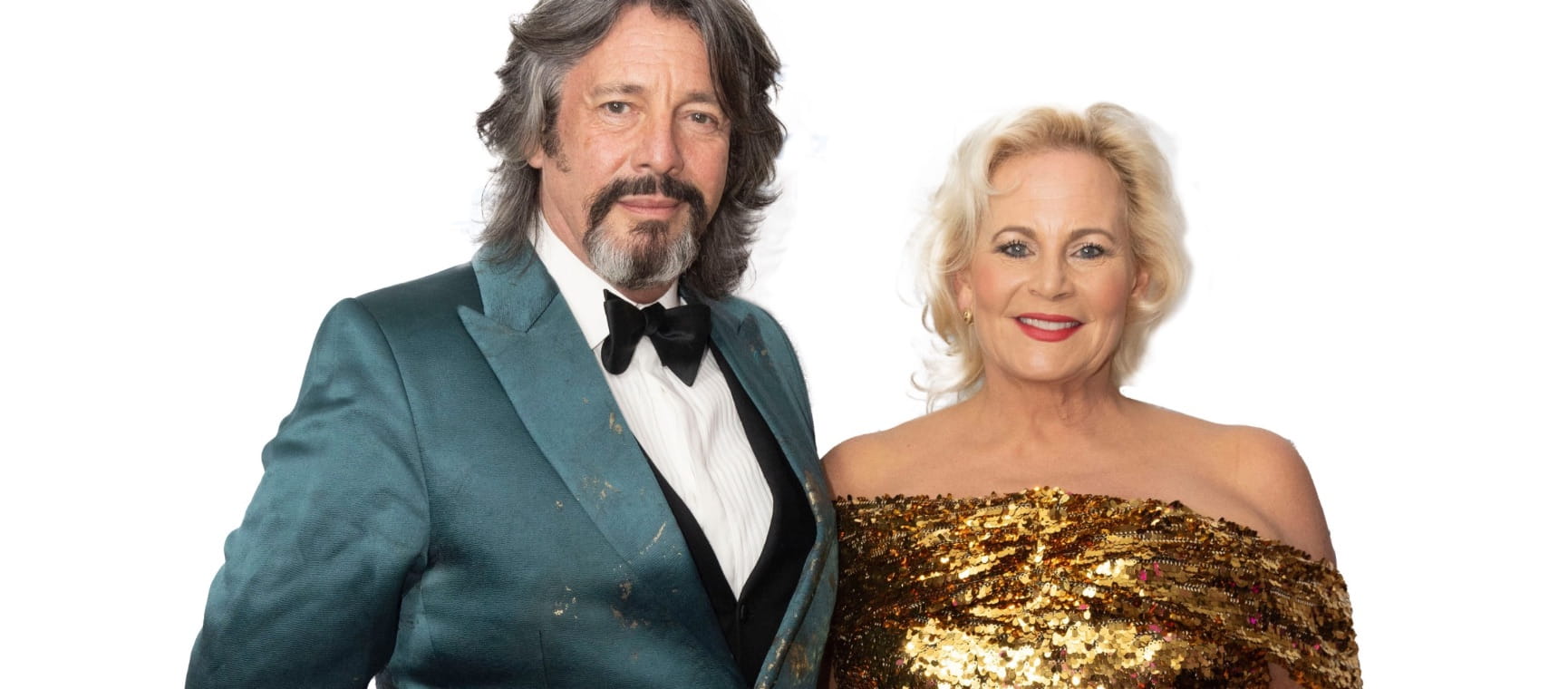
The TV designer on the daily meeting that is the key to living happily with his children and grandchildren.
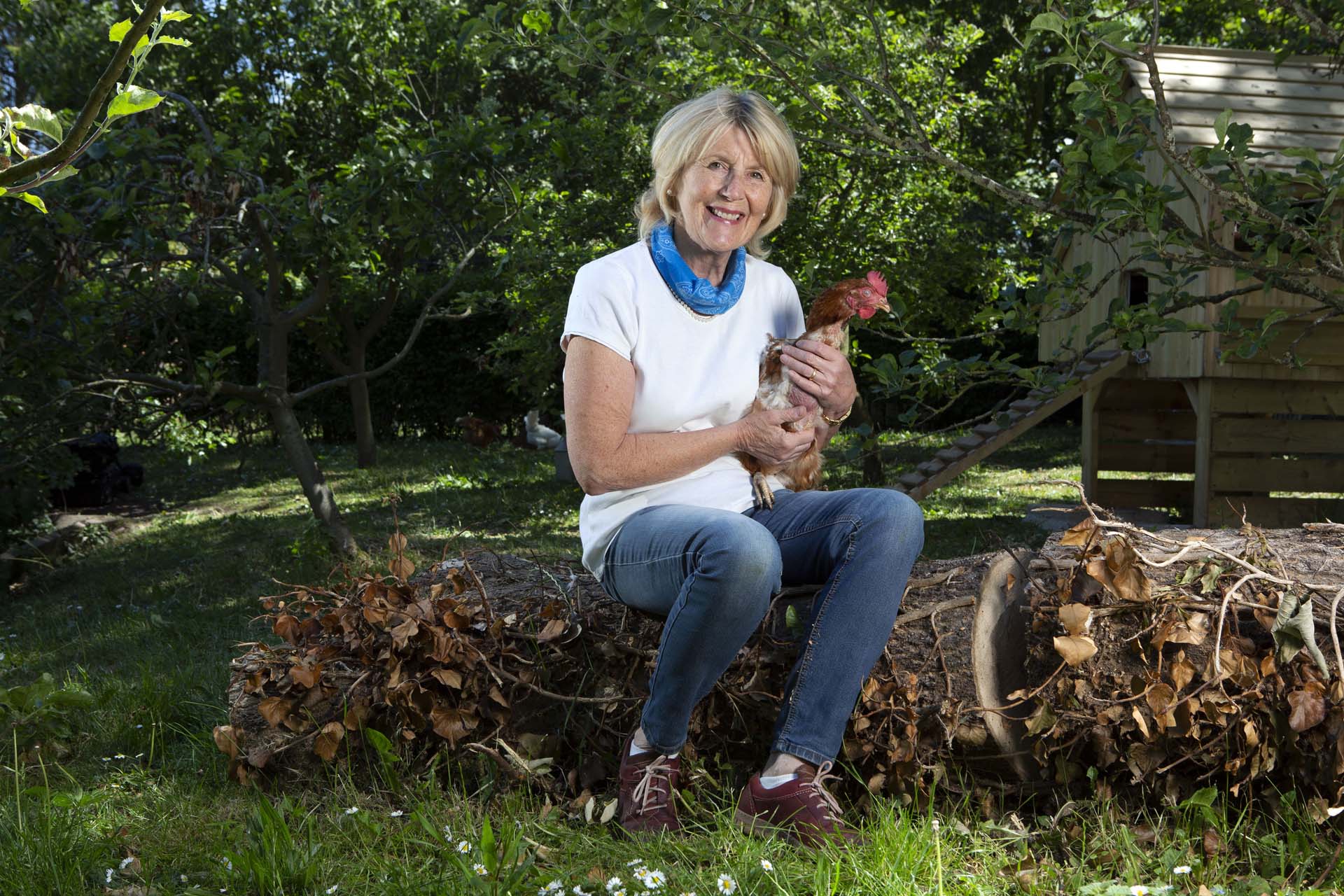
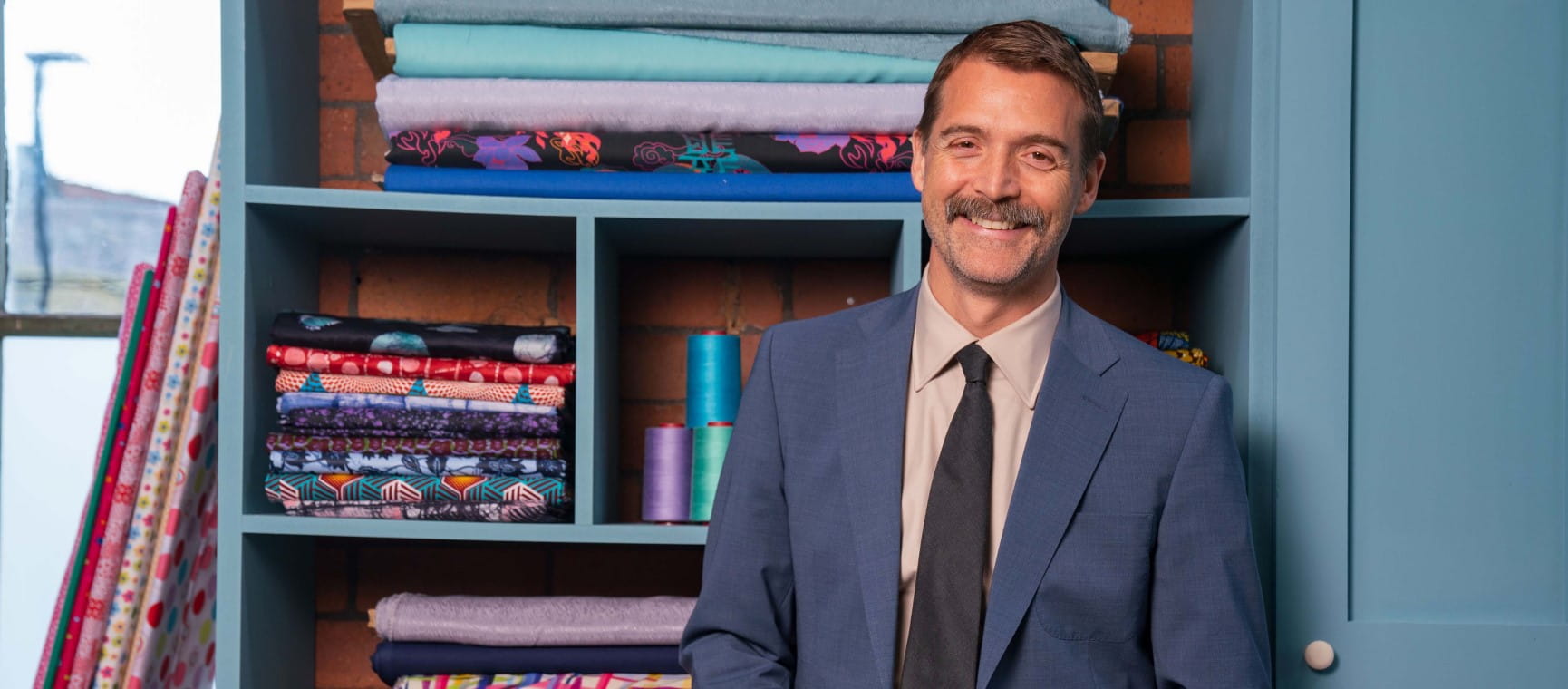
The clothing designer says it’s time to embrace thrift and shares his tips on how we can dress well for less.
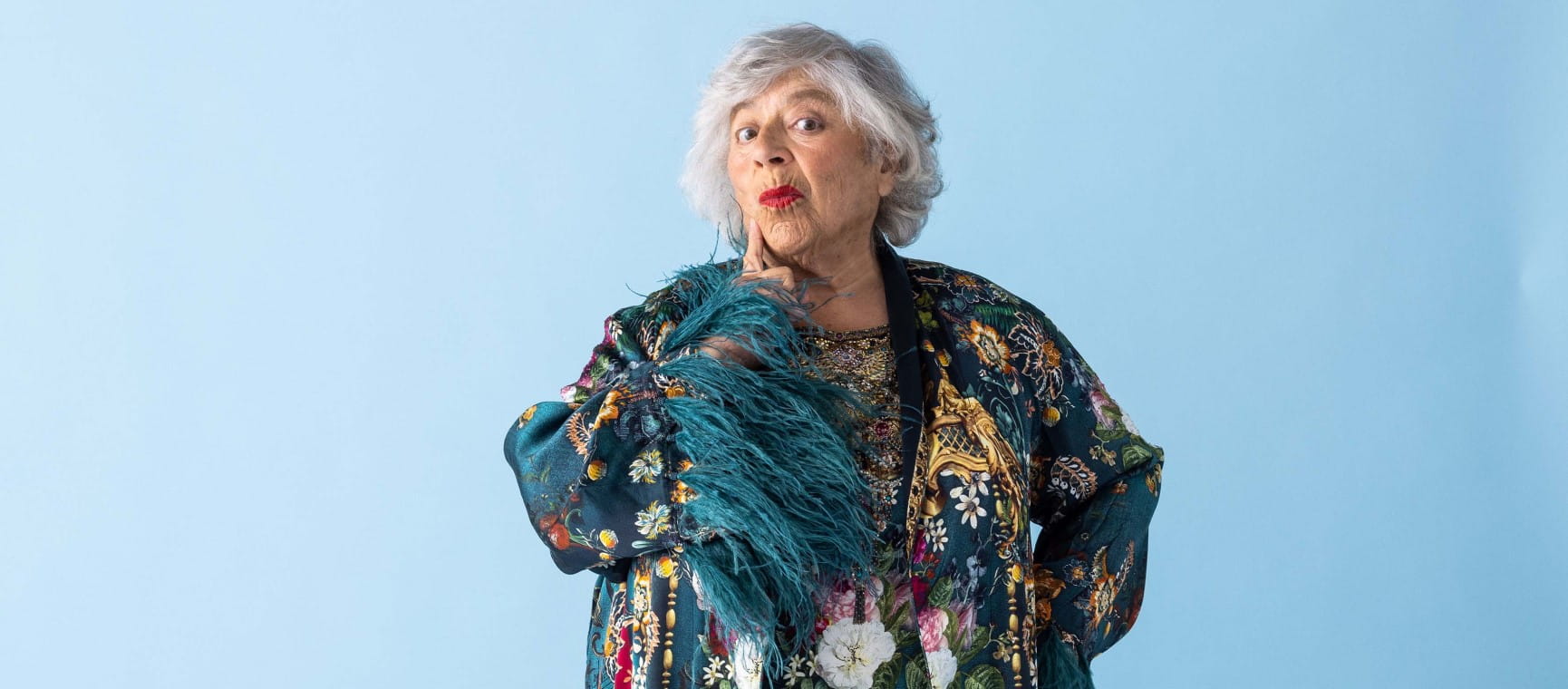
The mischievous actor reveals how she gets daily job offers and believes it’s what you do that matters, not what you say.
